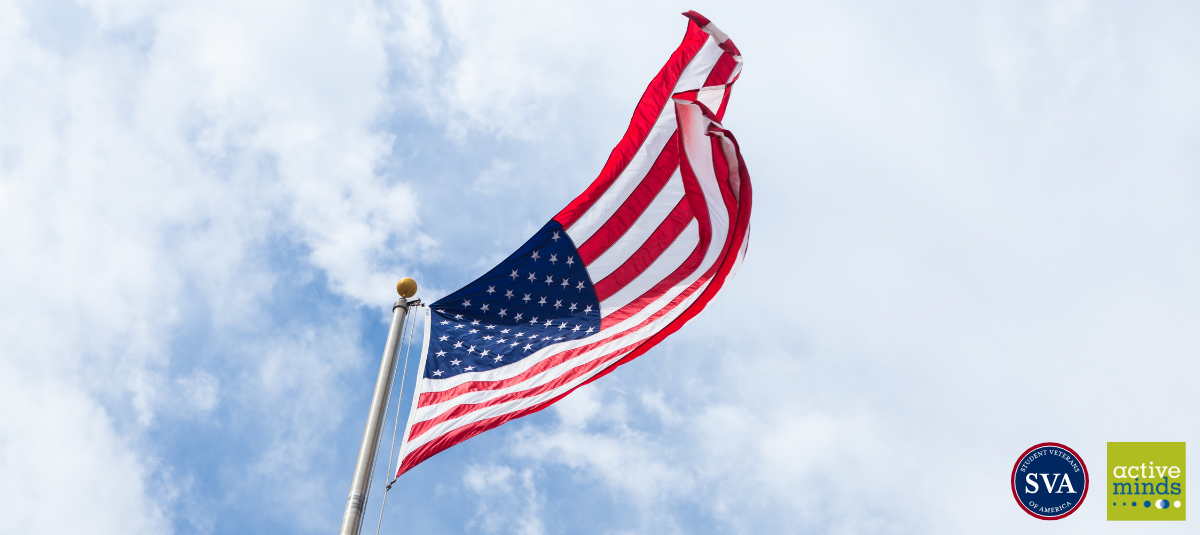Mental health issues have risen among young adults globally for the last decade. As this terrible trend continues to incline, exacerbated by the COVID-19 pandemic, it is clear that to turn the tide on this issue, we need new ideas, strategies, and out-of-the-box thinking. Those innovations tend to come from the communities most impacted – in this case, students. In the particular case of student Veterans, the impact they can have as mental health leaders has been overlooked.
In many instances, when higher ed institutions and other organizations focus on student Veterans, it’s with a negative lens rather than a positive one. This focus is typically with a view of student vets as a community to act on, not with. Stereotypes of student Veterans as at-risk populations, riddled with PTSD and other traumas, run rampant. So do assumptions that student Veterans are poor academic performers or “ticking time bombs.” Often, we approach student Veterans from a place of deficit, not strength, as a population in need of intervention, rather than as leaders in driving cultural change.
Indeed, there are specific mental health challenges for student Veterans. Challenges from PTSD, TBI, and depression can plague up to one-third of student Veterans. However, it is well-documented that anxiety and depression have been on the rise for students globally over the past decade. Recent research suggests that their risk for mental health issues may be more closely associated with factors such as sexual assault trauma and transition stress than military experience. The stressors exacerbating these conditions or affecting those student Veterans with no known mental health condition often align with those of traditional students: financial issues, courseload, time management. In other words, the experiences of student Veterans with mental health often look more like traditional students than different.
This distinction from the stereotypical cause of mental health issues to the true causes for student Veterans calls for a new approach for engaging them in mental health efforts and a new paradigm in how we view student Veterans overall. It suggests that mental health efforts will be more effective if they leverage existing mental health supports on campuses available for all students in addition to leaning on Veterans-specific mental health awareness campaigns.
Like most students, student vets tend to be intensely passionate about helping friends who may be struggling with their mental health. Thus, resources would be better spent making a campus both veteran-inclusive (i.e. involving Veterans in student leadership roles, as equal partners, and as gatekeepers for struggling students) and veteran-friendly (i.e. creating mental health benefits and services specifically for Veterans to access). Student Veterans feel a stronger sense of belonging when they are acknowledged for their strengths in initiative, management, and intelligence rather than viewed as people with deficits.
When we engage student Veterans as leaders in mental health promotion, we will be more effective at reaching students in the ways they need to be approached, removing the stigma associated with Veterans’ experiences, and hopefully curbing the rise in mental health challenges among young adults.




